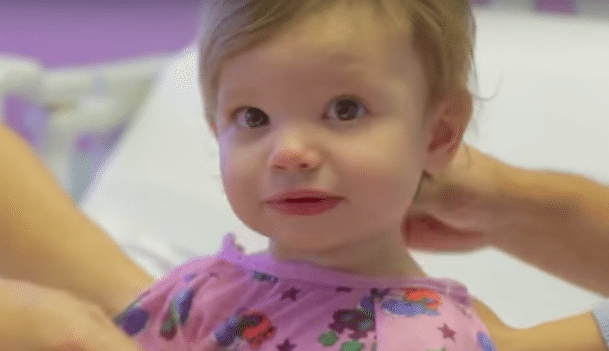Microsoft emerges as major healthcare IoT provider
As healthcare providers search for ways to cut costs, the internet of things is creating new ways to monitor and maintain equipment and reduce unnecessary interactions between caregivers and patients. Microsoft is emerging as an important player in healthcare IoT, thanks to its cloud-based data analytics software. Sensors are monitoring everything from human beings to soap dispensers, and the data these sensors generate can save time and save lives. Below we highlight three healthcare case studies from Microsoft.
1. Life-saving medicine for Africa Doctors who put their own lives at risk to save others in Africa often travel to places where electricity is not available. This makes it hard to preserve the vaccines that so many African children need.
BlueMetal, Weka Health and Microsoft worked together to create a connected, battery-powered miniature refrigerator that transports, monitors, and dispenses vaccine cartridges. Not only does the system help providers to know the medicine is safe to use, it also tells them when supplies are running low.
2. Wearable devices for at-risk patients Kaiser Permanente is the largest integrated healthcare provider in the United States, with almost 10 million members. Kaiser worked with Microsoft and Cognizant Technology Solutions to create wearable devices for at-risk individuals such as Alzheimer’s patients, diabetes patients, and expectant mothers.
The data generated by these devices can let doctors know if a problem has developed, or give the physician the information needed to reassure a patient who calls with a concern. Patients can use the monitors without installing new equipment in their homes, because the sensors use regular smartphones as gateways.
3. Saving hospital patients Human hands are one of the primary carriers of the in-hospital infections that kill about 75,000 people each year, according to Gojo, the company that invented Purell. Gojo has created sensors for the soap dispensers it sells to hospitals. The company also sells connected camera solutions that hospitals can install near hand-washing stations.
“Hand hygiene compliance rates in the U.S. average less than 50%,” said Jeff Hall, VP of business development for Gojo. “Gojo saw a need for a solution to increase hand hygiene compliance and help to save lives.”
Gojo is using Microsoft’s Azure cloud services for data analytics. The company says its thousands of sensors generate about two million events a day. All that data is aggregated in the cloud and reported through a mobile application that hospital staff can access on their devices.
Follow me on Twitter.

